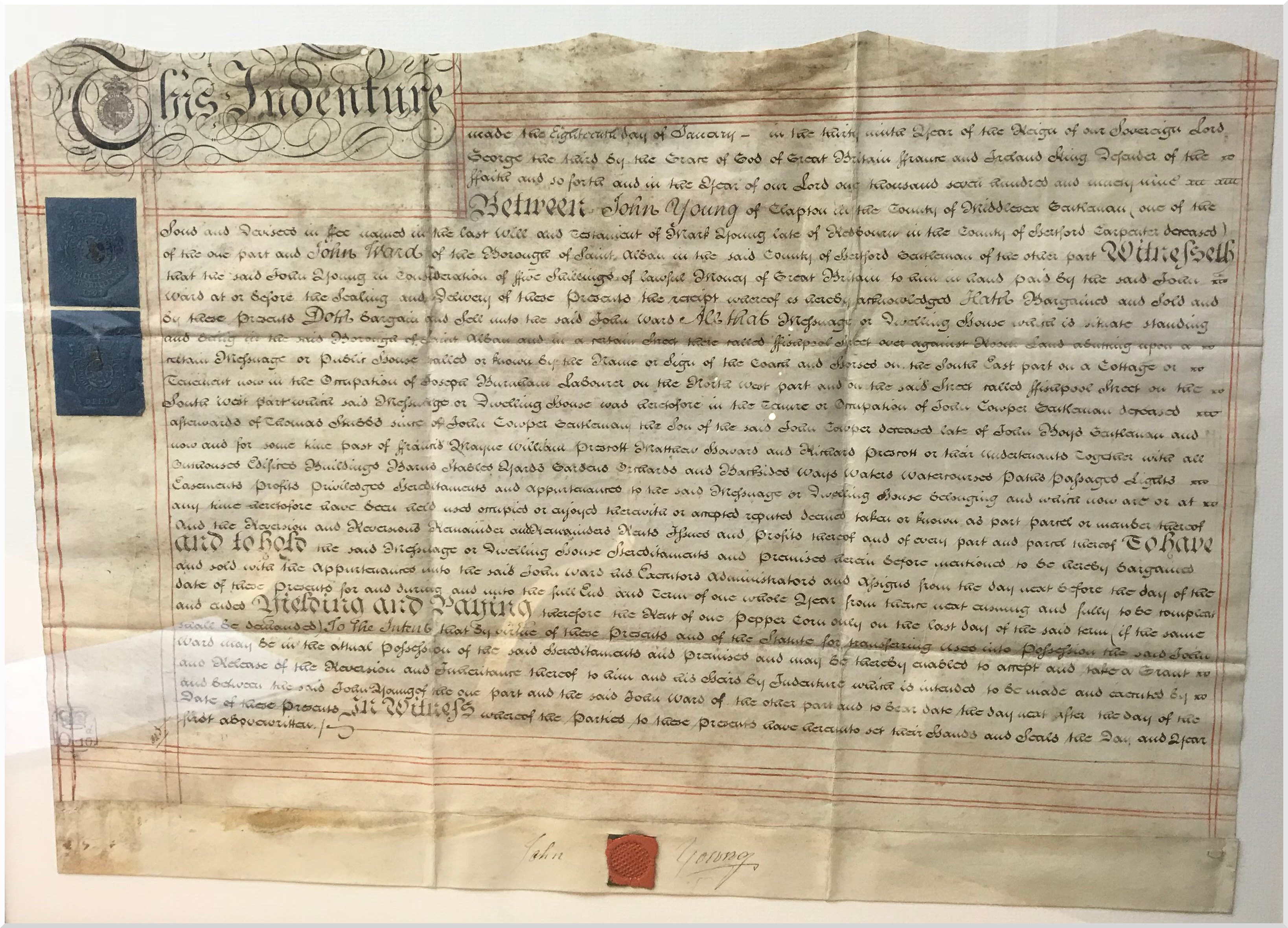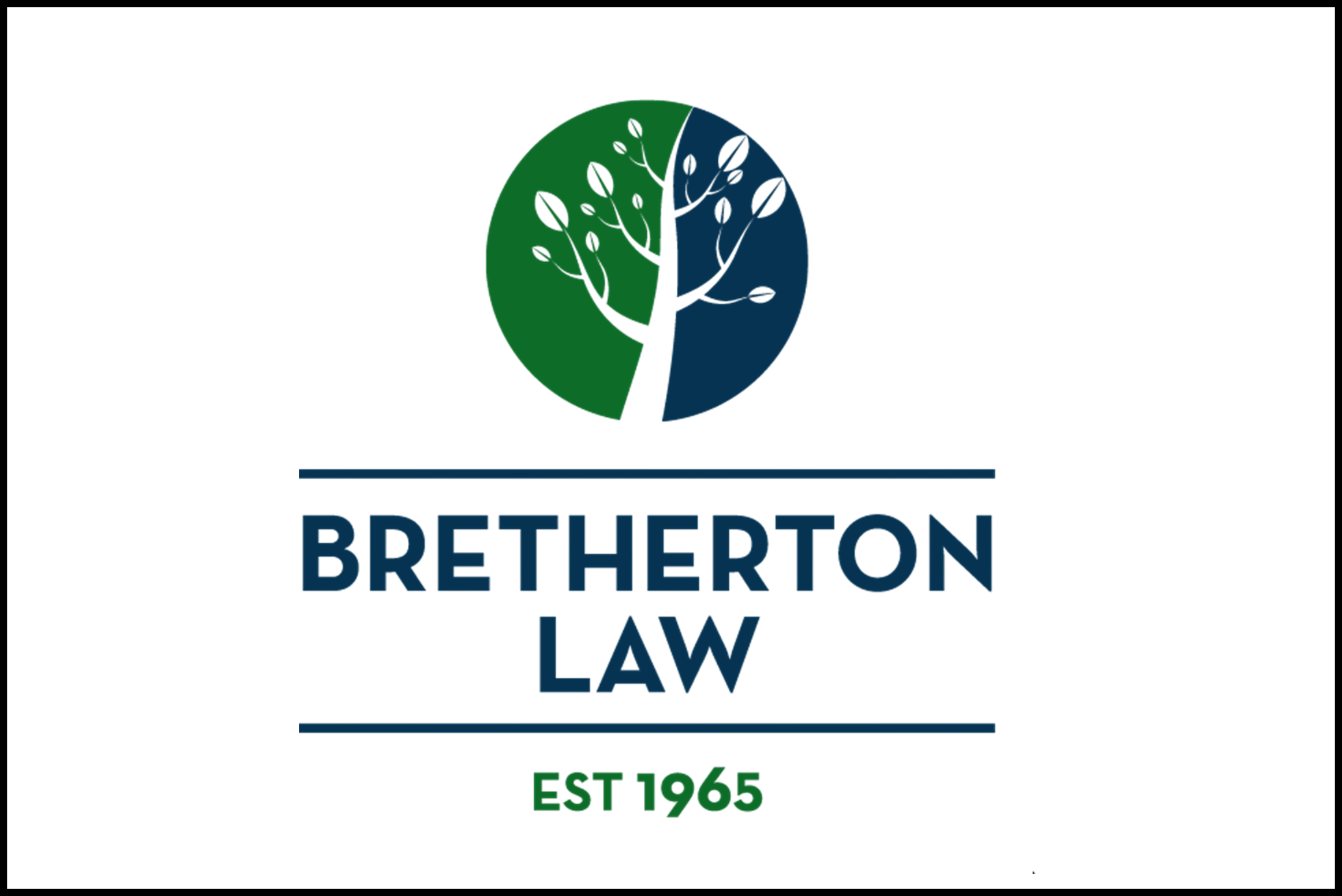The Government has released details of draft proposals to overhaul the laws on domestic abuse, which are set to include non-physical and economic forms of abuse for the first time.
Coercive behaviour and psychological ill-treatment, as well as control over a victim’s finances, would in future be included within the legal definition of domestic abuse. The draft bill also includes:
- Powers to force abusers to undergo rehabilitation programmes to change their behaviour
- Lie-detector testing to ensure high-risk abusers stay away from their victims
- Tagging abusers as part of new domestic abuse protection orders
- Banning abusers from cross-examining victims in court
- Creating special protections for victims when giving evidence in criminal trials
- Clarification of “Clare’s Law”, the measure which permits police to pass information to the public if there are concerns over a partner’s previous violent behaviour
- Creation of a Domestic Abuse Commissioner to oversee improvements to the response and support available through public services
The Office for National Statistics reports that in the year ending March 2018, two million people in England and Wales aged between 16 and 59 said they had been a victim of domestic abuse. For every 100 crimes reported 38 arrests were made, but of these only 89,091 cases had resulted in prosecution. The ONS also stated that 12% of prosecutions failed after the victim decided not to give evidence against their abuser.
While plans for the new legislation have been welcomed, there is concern that with the Government focused on Brexit negotiations there may not be enough parliamentary time to enact the proposals into law. Other critics have pointed out that the measures overlook the needs of children who are witnesses to domestic abuse at home, and who should also be treated as victims of the crime due to the traumatic incidents they see.
The Children and Family Law departments at Bretherton Law have been helping victims of domestic abuse for over 50 years. We are proud to be accredited by the Law Society in Family and Children Law, as well as our membership of Resolution, the organisation representing family lawyers and other professionals in the field. Our professional and experienced solicitors commit to regular outreach visits to local support organisations such as and Contact Centres and Children’s Centres, offering legal advice and supporting abuse victims through the court process.
If you are, or have been, a victim of domestic abuse contact Kelly Hicks for confidential and professional advice.





